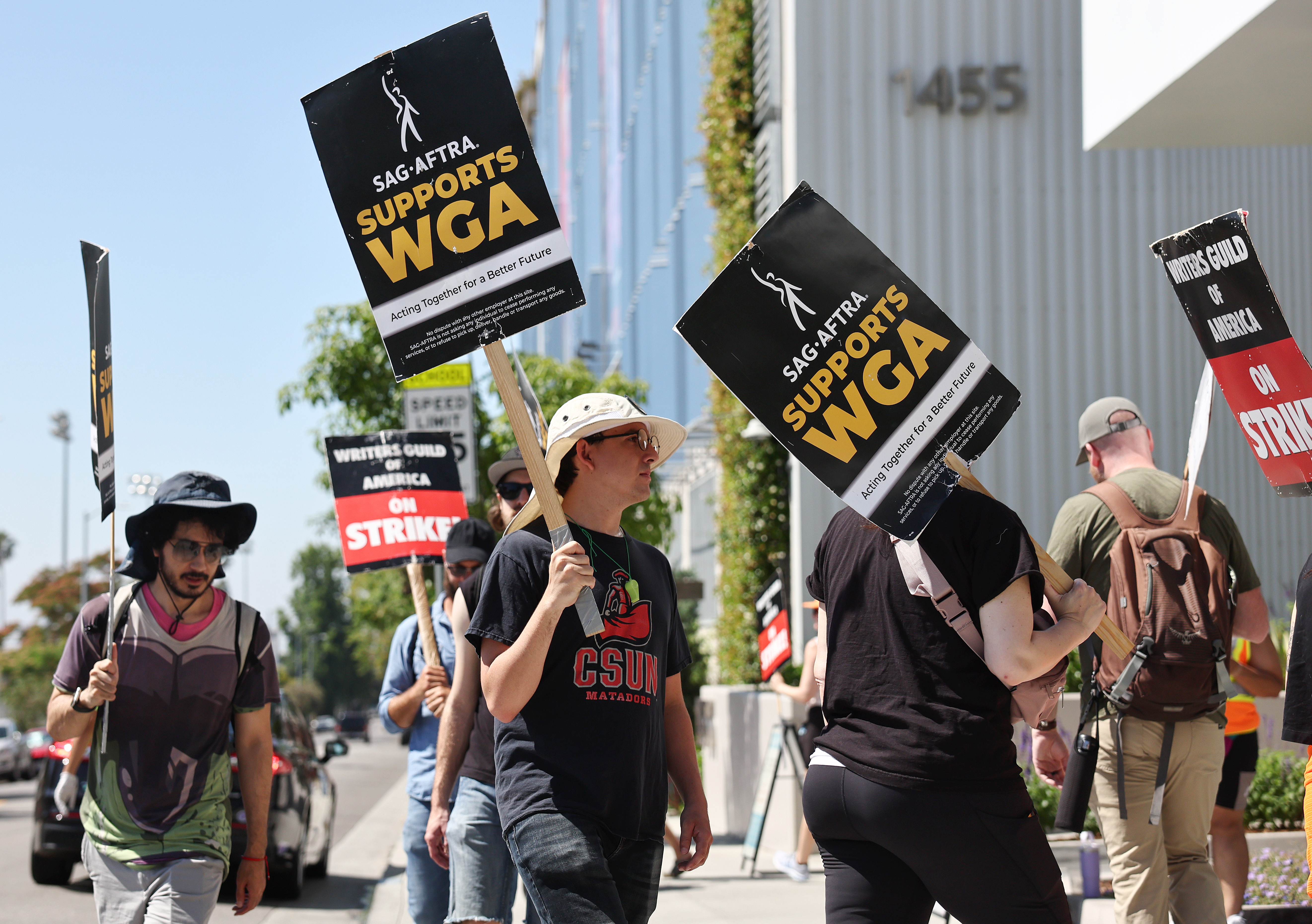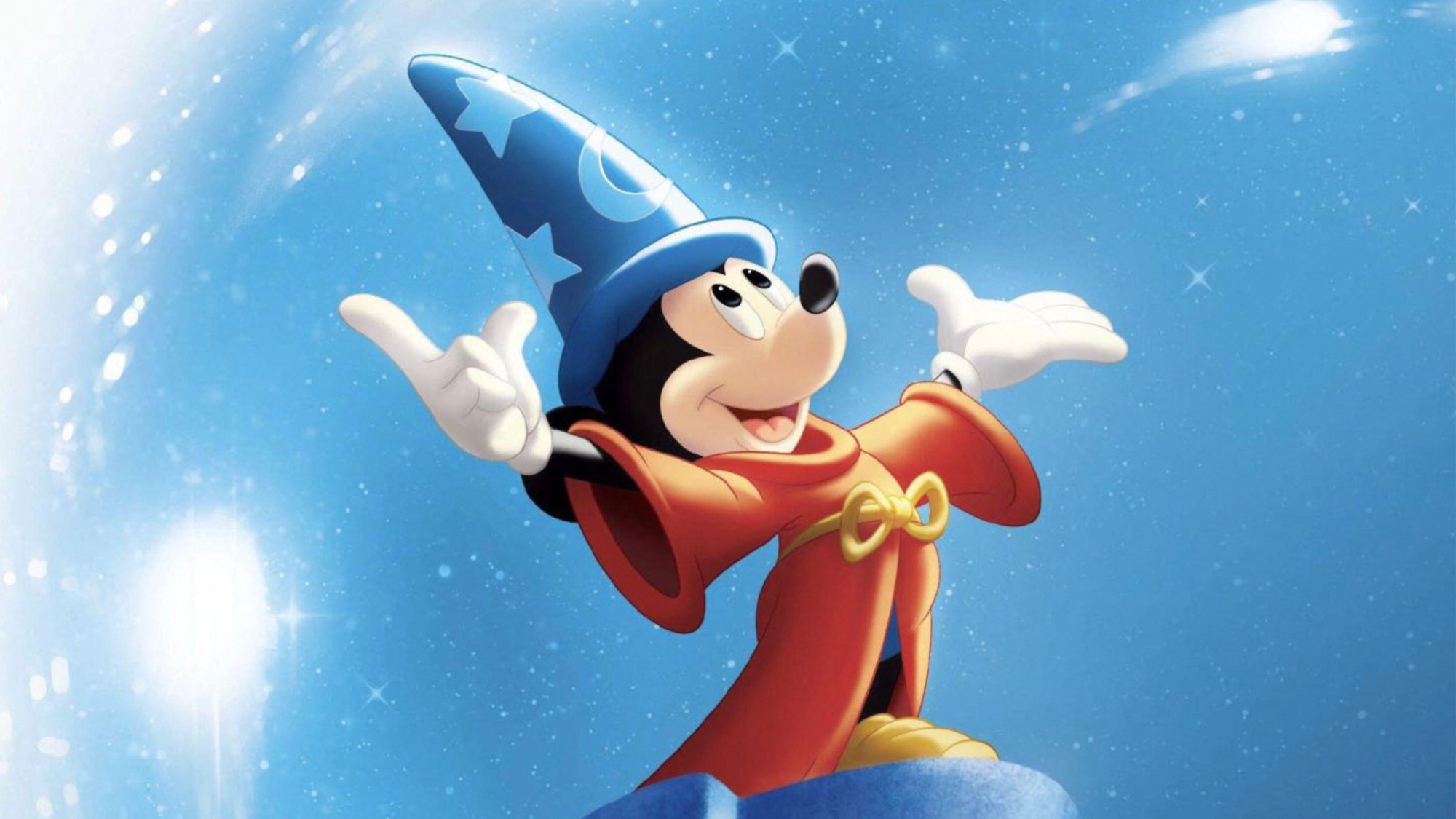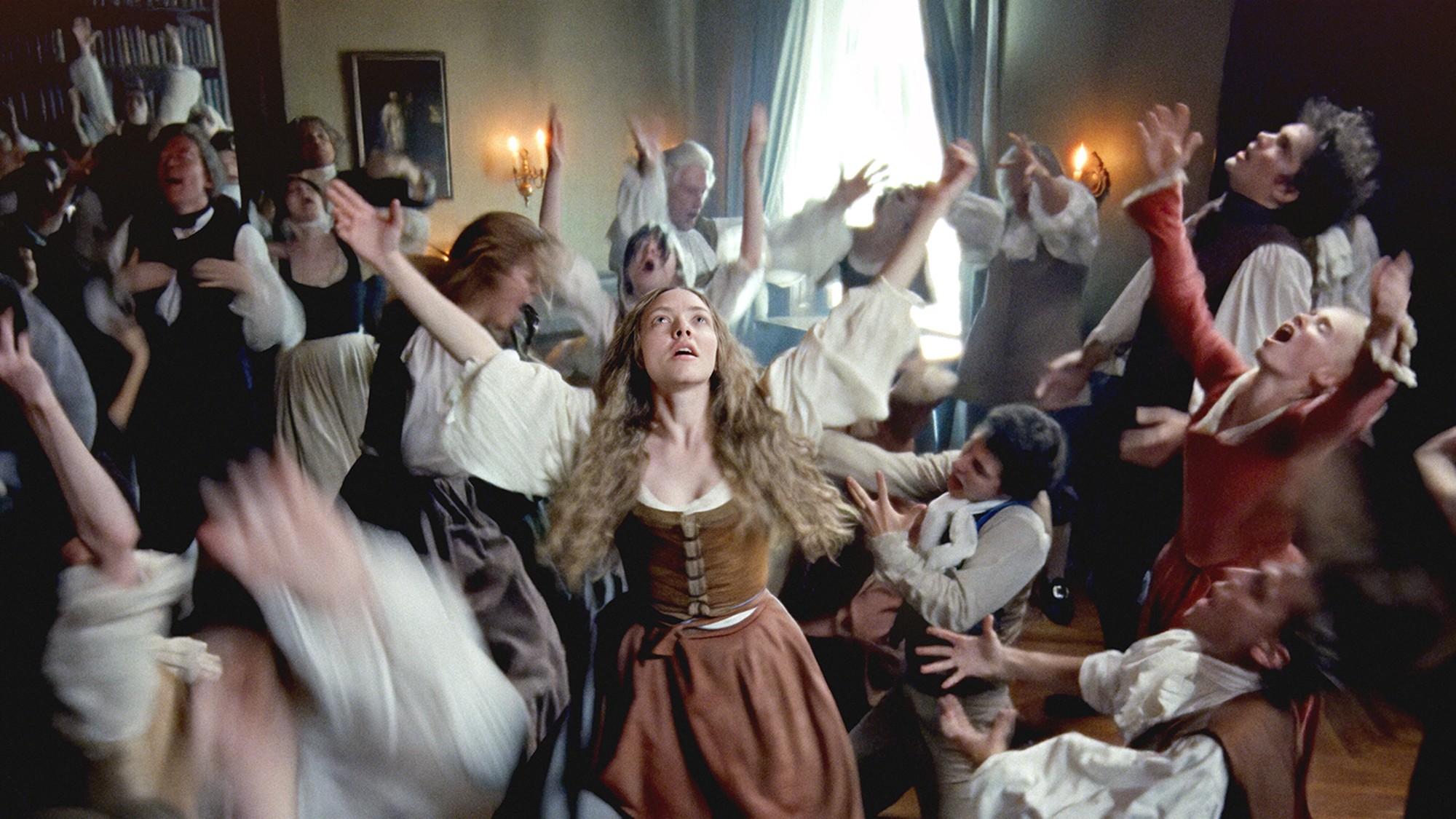The Hollywood actors strike, explained
What another Hollywood strike means for you


A free daily email with the biggest news stories of the day – and the best features from TheWeek.com
You are now subscribed
Your newsletter sign-up was successful
Strike two. SAG-AFTRA, the union that represents about 160,000 actors and other professionals, is officially going on strike after failing to reach a deal for a new contract with the Alliance of Motion Picture and Television Producers by the time the old one expired on July 12.
The Writers Guild of America has already been striking since May, but this will be the first time since 1960 that actors and writers are on strike simultaneously. A SAG strike will complete a shutdown of Hollywood that the WGA strike started, and unless it's resolved quickly, fans of film and television will soon notice the effects.
Why are actors going on strike?
Actors share some of the same concerns as the writers who have been striking for several months, and on its website, SAG-AFTRA identifies "economic fairness" as one of the strike's key issues.
The Week
Escape your echo chamber. Get the facts behind the news, plus analysis from multiple perspectives.

Sign up for The Week's Free Newsletters
From our morning news briefing to a weekly Good News Newsletter, get the best of The Week delivered directly to your inbox.
From our morning news briefing to a weekly Good News Newsletter, get the best of The Week delivered directly to your inbox.
"Outdated contract terms, coupled with the evolution of the media business, including shorter season orders and longer hiatuses between seasons makes it increasingly difficult for our members to achieve and maintain a middle class lifestyle working as a performer," the union argues.
Like the WGA, SAG-AFTRA is seeking an increase in residuals, especially for streaming shows. The Alliance of Motion Picture and Television Producers, which is negotiating on behalf of the studios, has said the guild "dismissed our offer of historic pay and residual increases." According to the Los Angeles Times, though, the studios have balked at SAG-AFTRA's push for residuals to be tied to the success of a show. Streaming companies have typically shied away from sharing detailed viewership information.
Artificial intelligence is another issue, as the union is seeking protections against the misuse of AI and "consent and fair compensation" for the use of an actor's work to "train AI systems and create new performances." In a press conference announcing the strike on Thursday, SAG-AFTRA National Executive Director Duncan Crabtree-Ireland said the studios proposed being able to scan background performers, compensate them for "one day's pay," and use their likeness "for the rest of eternity, in any project they want, with no consent and no compensation." AI has also been a factor in the writers strike.
But an issue unique to the SAG strike is that the union is seeking "reasonable rules and limitations" on the process of self-taping, in which an actor is asked to film themselves auditioning rather than doing so in person. The union argues this practice, which was common during the pandemic, is "unregulated and out of control," as "unreasonable requirements have made self-taping auditions a massive, daily, uncompensated burden on the lives of performers." "Mad Men" star January Jones, for example, described self-taping as "time consuming, expensive, and a drag to whomever you have to drag in to read with you (sorry Mom)."
A free daily email with the biggest news stories of the day – and the best features from TheWeek.com
Disney CEO Bob Iger argued on CNBC, though, that the expectations of the writers and actors are "just not realistic," and "they are adding to a set of challenges that this business is already facing that is, quite frankly, very disruptive and dangerous."
What does this mean for film and TV productions?
When the writers went on strike in May, some movies and TV shows were still able to move forward with filming because they had scripts that were completed before the strike began. HBO's "House of the Dragon" and Disney's "Andor" were among the shows that pressed ahead with making new seasons, and movies like Marvel's "Deadpool 3" and Ridley Scott's "Gladiator 2" have also been filming.
But during the actors strike, most of these productions that were still shooting with SAG-AFTRA actors will also be shut down. This will impact films and TV shows being made around the world, not just in the U.S. So unless a deal is reached soon, consumers can expect even more delays to upcoming films and TV shows. Moviegoers likely won't notice these impacts in a big way until 2024, though, given films releasing this year would have already been shot. Independent movies can also proceed with production, and the strike won't shut down reality shows, which were unaffected by the writers strike, as well. The Emmys, though, will likely be delayed.
Can actors promote their projects during the strike?
The strike's impact will extend beyond just films and shows currently in production, though. According to The Wrap, actors won't be allowed to "take part in promotional work of any kind" during the strike. This includes press junkets and movie premieres, and actors will also be forbidden from promoting projects on social media. That could present challenges to upcoming films that would typically rely on their stars getting the word out to fans. With some summer movies like "Barbie," though, press junkets have already taken place. Actors also won't be allowed to promote their projects at San Diego Comic-Con later this month.
What's the status of negotiations?
In June, SAG-AFTRA members voted overwhelmingly to authorize a strike, though there was still a month remaining to work out a deal at that point. SAG-AFTRA president Fran Drescher said on June 24 that negotiations with the AMPTP had been "extremely productive," and the deadline was extended from June 30 to July 12. But on June 30, Variety reported that the two sides "still have major differences on several items," including AI.
By July 11, Variety said that a group of Hollywood executives requested a federal mediator get involved, as the "two sides remain at odds on a host of issues." SAG-AFTRA agreed but condemned "this cynical ploy to engineer an extension when the companies have had more than enough time to make a fair deal." After the two sides failed to reach an agreement by the new deadline, Drescher said that "AMPTP's responses to the union's most important proposals have been insulting and disrespectful of our massive contributions to this industry," while the AMPTP said it was "deeply disappointed that SAG-AFTRA has decided to walk away from negotiations."
The strike was officially called on July 13 and began at midnight on July 14. Drescher said she "cannot believe" how "far apart" the actors and the studios are "on so many things," adding, "If we don't stand tall right now, we are all going to be in trouble. We are all going to be in jeopardy of being replaced by machines and big business, who cares more about Wall Street than you and your family."
This all comes as there appears to be no end in sight to the writers strike. Earlier this week, Deadline reported that even if actors join the writers on the picket lines, studios have "no intention of sitting down with the Writers Guild for several more months," with one executive telling the outlet the "endgame is to allow things to drag on until union members start losing their apartments and losing their houses." An AMPTP spokesperson said, though, that the group is "committed to reaching a deal and getting our industry back to work."
Brendan worked as a culture writer at The Week from 2018 to 2023, covering the entertainment industry, including film reviews, television recaps, awards season, the box office, major movie franchises and Hollywood gossip. He has written about film and television for outlets including Bloody Disgusting, Showbiz Cheat Sheet, Heavy and The Celebrity Cafe.
-
 Switzerland could vote to cap its population
Switzerland could vote to cap its populationUnder the Radar Swiss People’s Party proposes referendum on radical anti-immigration measure to limit residents to 10 million
-
 Political cartoons for February 15
Political cartoons for February 15Cartoons Sunday's political cartoons include political ventriloquism, Europe in the middle, and more
-
 The broken water companies failing England and Wales
The broken water companies failing England and WalesExplainer With rising bills, deteriorating river health and a lack of investment, regulators face an uphill battle to stabilise the industry
-
 The 8 best superhero movies of all time
The 8 best superhero movies of all timethe week recommends A genre that now dominates studio filmmaking once struggled to get anyone to take it seriously
-
 February TV brings the debut of an adult animated series, the latest batch of ‘Bridgerton’ and the return of an aughts sitcom
February TV brings the debut of an adult animated series, the latest batch of ‘Bridgerton’ and the return of an aughts sitcomthe week recommends An animated lawyers show, a post-apocalyptic family reunion and a revival of a hospital comedy classic
-
 Heated Rivalry, Bridgerton and why sex still sells on TV
Heated Rivalry, Bridgerton and why sex still sells on TVTalking Point Gen Z – often stereotyped as prudish and puritanical – are attracted to authenticity
-
 Film reviews: ‘Send Help’ and ‘Private Life’
Film reviews: ‘Send Help’ and ‘Private Life’Feature An office doormat is stranded alone with her awful boss and a frazzled therapist turns amateur murder investigator
-
 February’s new movies include rehab facilities, 1990s Iraq and maybe an apocalypse
February’s new movies include rehab facilities, 1990s Iraq and maybe an apocalypsethe week recommends Time travelers, multiverse hoppers and an Iraqi parable highlight this month’s offerings during the depths of winter
-
 The 8 best hospital dramas of all time
The 8 best hospital dramas of all timethe week recommends From wartime period pieces to of-the-moment procedurals, audiences never tire of watching doctors and nurses do their lifesaving thing
-
 The 8 best animated family movies of all time
The 8 best animated family movies of all timethe week recomends The best kids’ movies can make anything from the apocalypse to alien invasions seem like good, wholesome fun
-
 Film reviews: ‘The Testament of Ann Lee,’ ’28 Years Later: The Bone Temple,’ and ‘Young Mothers’
Film reviews: ‘The Testament of Ann Lee,’ ’28 Years Later: The Bone Temple,’ and ‘Young Mothers’Feature A full-immersion portrait of the Shakers’ founder, a zombie virus brings out the best and worst in the human survivors, and pregnancy tests the resolve of four Belgian teenagers
